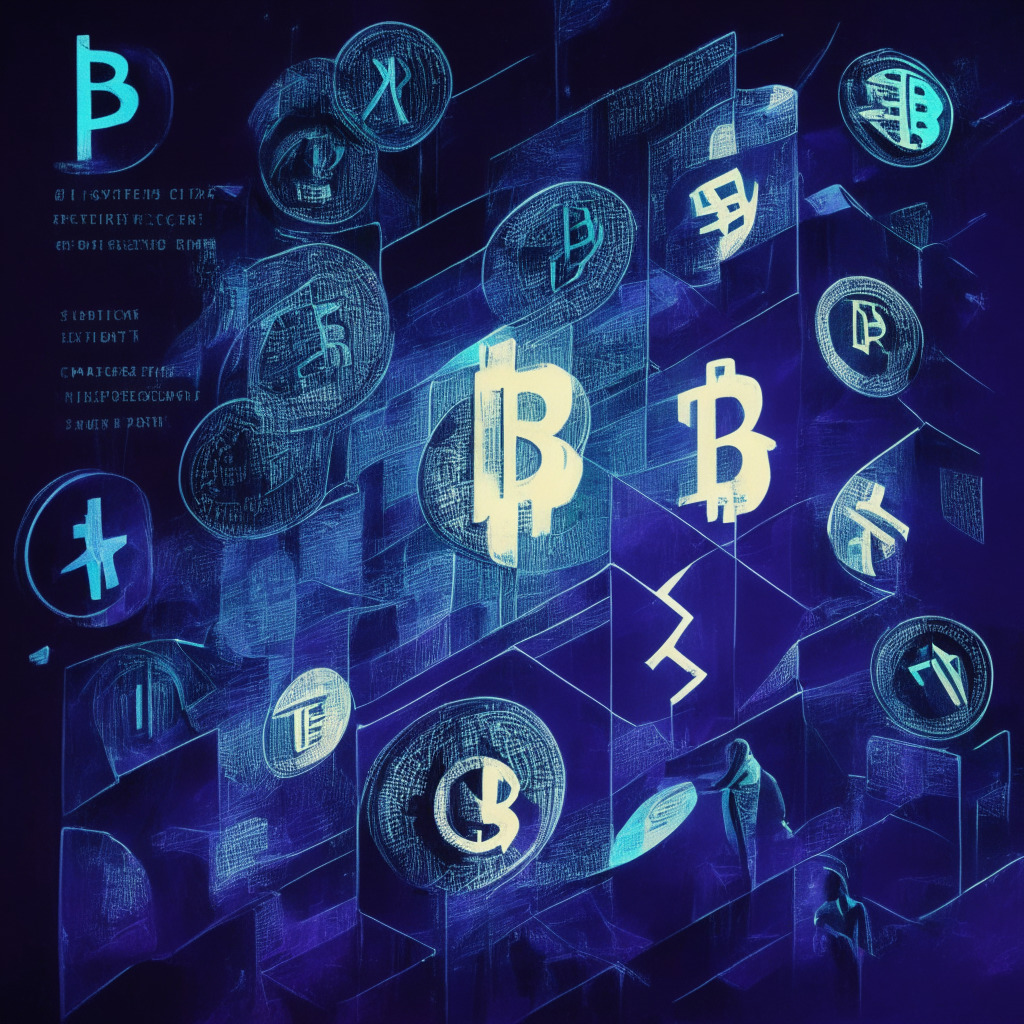In a world where technology is consistently reinventing itself, blockchain protocol has opened up a new sphere of virtual ownership through NFTs, or Non-Fungible Tokens. An ideal case in point is the move by global watch giant, Casio, venturing into the NFT realm with “Virtual” G-Shock tokens showcasing their famed wristwatches.
In order to amplify the presence of the G-Shock brand in the digital ecosystem, Hiroshi Takahashi, CEO of Casio, announced the introduction of 3D model G-Shock NFTs. The company’s strategy in this approach leans towards gradual integration, taking preliminary steps with NFT membership cards. Only 15,000 of these cards will be issued which lead the way to specialized access to limited channels, new events and be part of co-creation projects.
At first glance, this strategy exhibits a clever blend of traditional loyalty programs with cutting-edge blockchain tech, a symbiosis of the real and the virtual. On the other side of the coin, the success of this approach will largely depend on the value that Casio can provide to its members and how they negotiate their entry into the obfuscated world of NFTs. It’s not a detail to be overlooked that this move comes at a time when Casio reports sales of over 130 million G-Shock watches worldwide since the brand’s birth in 1983, which makes one question – is it innovation or a marketing ploy?
In line with this trend, Japanese companies across various sectors, spurred by affirmations from Japanese Prime Minister Fumio Kishida, are increasingly turning to NFTs and Web3 as crucial cogs of the national economic system. Noteworthy inclusions have been sportswear moguls Asics and Mizuno creating NFT sneakers, while airline company All Nippon Airways announced aircraft-themed NFTs.
Underpinned by a receptive financial environment, with regulators signaling willingness to advocate for relaxed tax rules, this could be a significant step forward for Japanese innovation in the blockchain technology space. Nonetheless, critics regard these rules as restrictive and implying that Japanese corporations are leaving the home market. Only time will tell whether this shift towards NFT and blockchain technologies will lead to sustainable growth or essentially push firms out into a market that may be otherwise overlooked.
The emerging NFT market in Japan represents a thrilling prospect, a pioneer bridging the digital and material realms. The question remains, are we witnessing a renaissance in marketing strategy or the advent of a new asset class?
Source: Cryptonews




